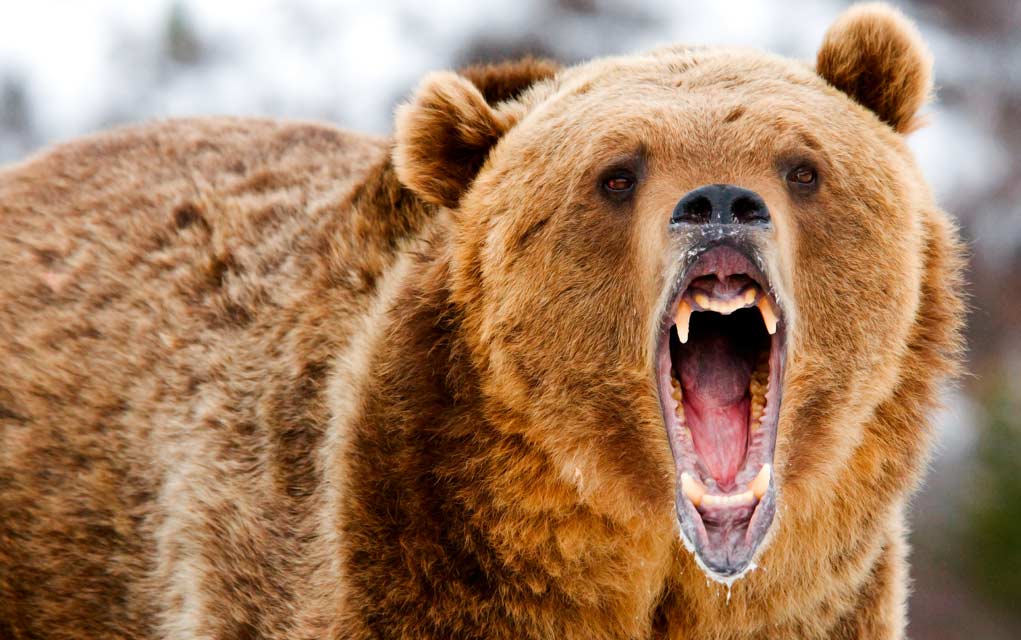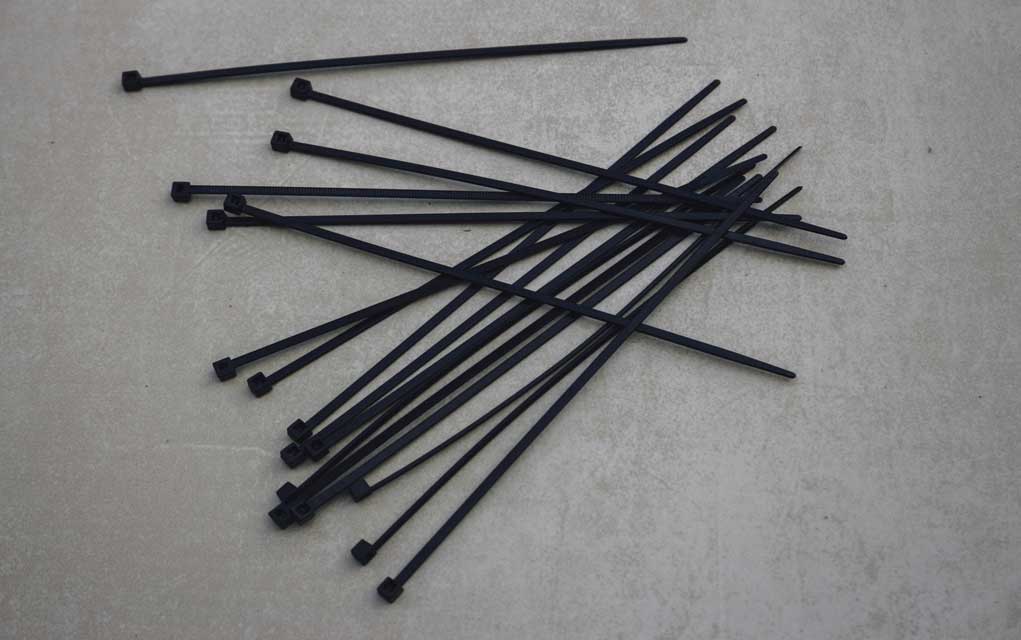(ModernSurvival.org) – What Should You Do if You Are Approached By an Animal Larger than You?
- Flee
- Scream
- Submit
- Poke It
Answer: Submit. Here’s why…
The great outdoors is a wonderful place to visit, whether for a quick hike or a weekend camping trip. For many, the appeal of getting out in nature is to catch a glimpse of the wildlife that dwells there. Unfortunately, too many people don’t show the local animals the respect they are due and make the mistake of treating them like domestic pets. Every year, the news demonstrates why this behavior is a very bad idea.
Granted, not everyone who ventures into the wild is looking for a close encounter with a wild animal. Sometimes it’s just a matter of chance that leads a person to come too close for comfort with local wildlife. Regardless of how one finds themselves face to face with a wild animal, there are some basic rules to follow to come out of the situation alive.
Don’t Provoke an Attack
It seems like common sense not to provoke an animal. After all, no one wants to be attacked. This rule isn’t always so simple, though.
Some actions can cause an animal to become defensive or aggressive without the person realizing they have done anything wrong. To ensure a wild animal doesn’t choose fight over flight, here are some helpful tips:
- Keep away; don’t approach an animal in the wild. If a photograph is desired, use the zoom lens from a safe distance.
- Don’t surprise the animal. Make noise so that any wildlife in the area knows you are there.
- NEVER approach a mother animal or her babies. It doesn’t matter if it is a bear or a deer; motherly instincts will cause her to defend her young. Even if the mother can’t be seen, steer clear of the young ones.
- Don’t approach food sources.
- Stay on the trail after dark.
- Do not feed wild animals, especially predators. If the food runs out and they’re still hungry, they may become hostile or decide to add humans to the menu.
Don’t Underestimate the Little Guys
The most common animals one will encounter in the wild are small to medium-sized, such as foxes, raccoons, chipmunks, or opossums. Just because an animal is small in stature doesn’t mean it isn’t dangerous, though. A bite from a smaller critter may not be directly life-threatening, but it certainly could become so in a survival situation. An infected bite is nothing to laugh at.
Don’t Challenge the Big Guys
As a general rule, large animals should be avoided altogether. All species of big wildlife can be deadly when confronted; a moose can be every bit as dangerous as a bear.
While making oneself seem larger and intimidating may work with some animals, like a cougar or wolf, bigger animals will take this as a challenge, which could lead to an attack. Instead, take a submissive stance. Don’t make eye contact with the animal, and back away slowly. Don’t turn your back, and don’t run. For most predators, this will engage their instinct to hunt.
Wild animals deserve to be respected and observed from a distance. We are intruders in their home, after all. There are times, however, when animals may take an interest in their human visitors and come into camp to investigate. To see how to deter wild animals from coming too close, take a look at our article on how to keep animals away from camp.
~Here’s to Your Survival!
Copyright 2023, ModernSurvival.org













